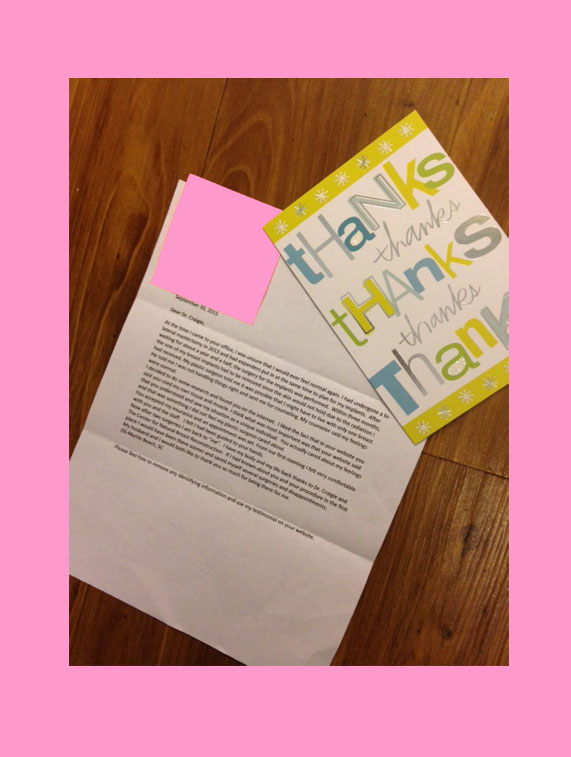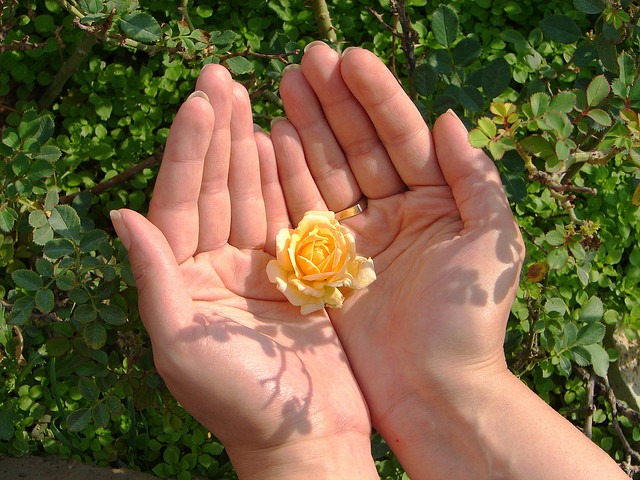Dr. Richard Kline answers Cheryl Harleston’s questions regarding breast reconstruction.
What this video covers:
- The different breast reconstruction options available for women.
- What to expect when undergoing a natural breast reconstruction procedure.
- Why natural breast reconstruction may be the best procedure for some patients.
To find out more about natural breast reconstruction and whether you or a loved one might be a good fit for this procedure, please watch this informational video.

 As you face the prospect of mastectomy and possibly reconstruction, it’s important that you feel you’re in good hands.
As you face the prospect of mastectomy and possibly reconstruction, it’s important that you feel you’re in good hands.












